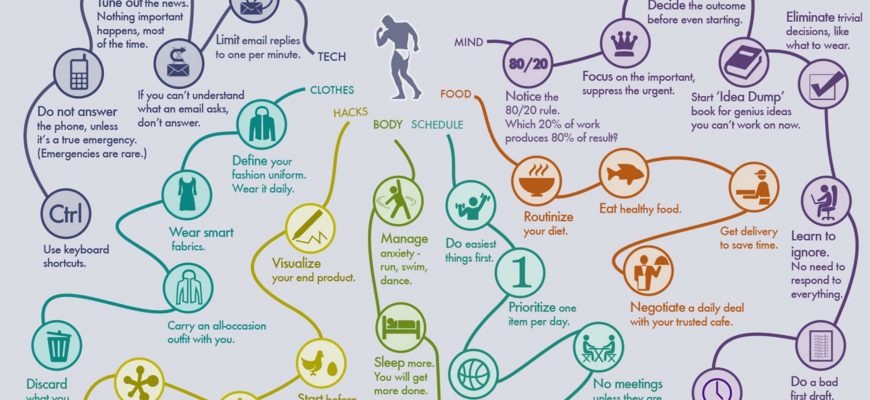How to accept people
Empathy - Accept Others For Who They Are
Skip to contentPrevious Next
Have you ever had a hard time “fitting in” somewhere? Whether it be at school or work, in a new group of friends, or even your own family, we can all relate to feeling unaccepted at one time or another. On the other hand, many of us can think of a time that we had trouble accepting someone else.
Acceptance is the ability to see that others have a right to be their own unique persons. That means having a right to their own feelings, thoughts and opinions. When you accept people for who they are, you let go of your desire to change them. You let them feel the way they want to feel, you let them be different and think differently from you. Everyone is different in one way or another. Once you understand this truth, you can stop trying to change them into the people you want them to be and start accepting them for who they are.
Acceptance of others’ feelings is not easy when people act differently than we do. We all have trouble accepting those who are different. By learning the skill of empathy, we will be better able to understand ourselves and those who are different from us. Here are five strategies for learning to accept others:
1. Don’t try to control the feelings of others. Have you ever tried to help other people with a problem they were having, but you felt like no matter what you said, you couldn’t get through to them? Maybe you tried to get them to “see things your way,” or “think more rationally.” In the end, they just couldn’t come around to your way of thinking. Well, I hate to break it to you, but the problem was not with the people you were trying to help, but rather, with your approach to helping them.
With feelings, there is no right or wrong answer. So instead of trying to control or change other people’s’ feelings, you must accept their feelings. We must allow people to have feelings without telling them how they should feel. Empathetic people understand that feelings are difficult to control and they accept people’s’ feelings for what they are.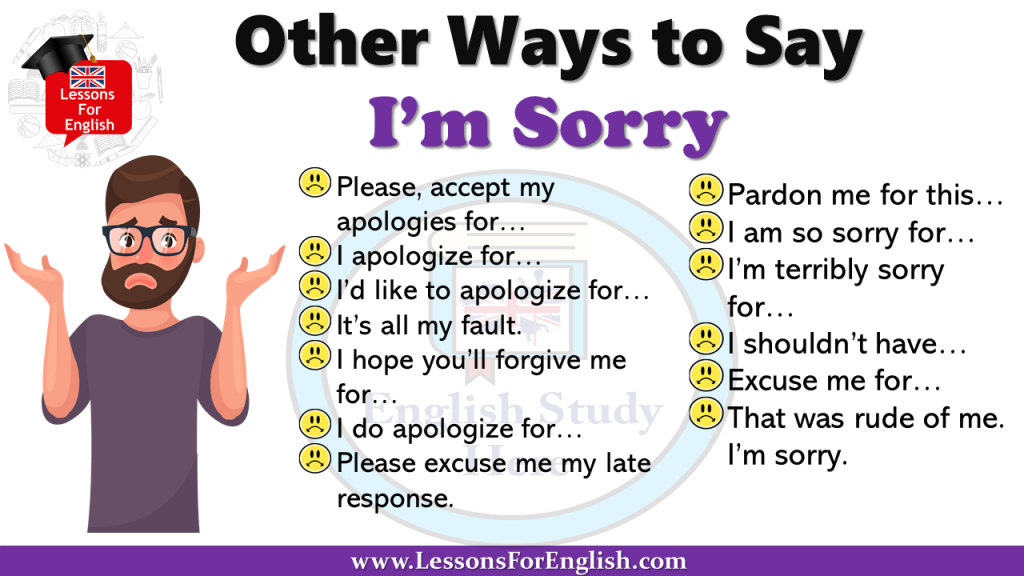
2. Allow others to be different. How boring would life be if everyone was exactly the same as everyone else in the world? If everyone looked the same, had the same personality, the same interests and the same experiences, we would lose interest in other people pretty quickly. Luckily, each of us has a unique set of qualities and characteristics that make us different. Even though we know that these differences are for the best, sometimes we feel uncomfortable with these differences. We either try to change people who are different or we avoid, or ignore them.
Being empathetic means having an open mind and accepting these unique differences. The next time you are around someone who appears to be your polar opposite, challenge yourself to get to know that person better. Find out more about him or her and you’ll come out of the conversation feeling that you’re not as different as perhaps you first thought. You’ll feel closer to the person, and as a result, you will be that much better able to empathize with that person.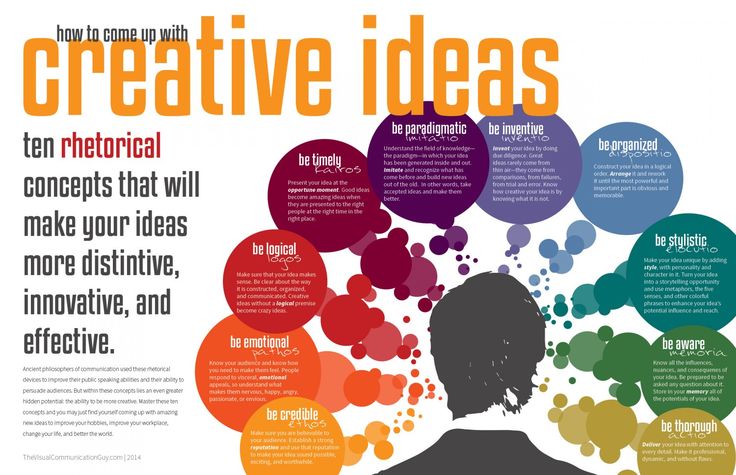
3. Give thoughtful advice. Once you learn to grant others the right to their own feelings and allow them to be different, you will be better able to give thoughtful, meaningful advice. Have you ever tried to talk to other people about your problems, only to have them give you terrible advice in return? They respond in a way that makes you wonder if they were even listening to anything you said! Those people probably were listening, but they failed to put much thought into their responses. Or, they let their own feelings get in the way of yours. In order to show empathy, you must learn to give advice in a way that is in line with other people’s’ unique feelings, characteristics and personality.
4. Don’t be quick to judge. It’s easy to look at others and point out their flaws. Sometimes we judge and criticize people without even realizing it. The more challenging and empathetic response would be to point out the good in each person. When we accept others as they are, it means that we understand that they are doing the best that they can do at the time. Remember, if they could do any better, they would.
When we accept others as they are, it means that we understand that they are doing the best that they can do at the time. Remember, if they could do any better, they would.
5. Try not to compare. The key to accepting people as they are is learning not to compare. Trying to compare one unique person to another is like trying to compare apples to oranges. Unfortunately, we all do it. We compare ourselves to others, and we compare other people to some standard. Theodore Roosevelt once said, “Comparison is the thief of joy.” What he meant by that is we will never be happy if we are constantly comparing ourselves to others, because there is always going to be someone who is better, smarter or richer. Instead, we must accept that each person is on a different path in life.
The next time that you are having trouble accepting someone, remember these five strategies. Using them will help you relate to the person and be more empathetic. When you practice accepting others, you will be able to make it a habit. And when you make acceptance a habit in your life, you will become a more positive, happy person.
And when you make acceptance a habit in your life, you will become a more positive, happy person.
Want to learn more? Conover Online has a entire line of Social & Emotional Learning produts.
Terry Schmitz is the founder and owner of The Conover Company. Terry has been involved in the development of assessments for both education and corporations for over 30 years. He has developed hundreds of job-specific assessment systems that link to skill building systems.
Search for:
Categories
- Anger Management
- Anxiety Management
- Bullying Prevention
- Career Assessment
- Corporate
- Education
- Emotional Intelligence
- Goal Setting and Achievement
- Life Skills
- News
- PBIS
- Professional Development
- SEL
- Soft Skills
- SPED
- Uncategorized
- Violence Prevention
- Workplace Readiness
Accept Them as They Are
I admit it: Whether close to home or far away, I wish some people were different. Depending on who they are, I wish they'd stop doing things like leaving cabinet doors open in our kitchen, sending me spam emails, or turning a blind eye to global warming. And I wish they'd start doing things like being friendlier toward me or spending more money on public education. Even if it doesn't affect me directly, for their own sake I do wish that various people I care about were more energetic, less anxious, or less self-critical.
Depending on who they are, I wish they'd stop doing things like leaving cabinet doors open in our kitchen, sending me spam emails, or turning a blind eye to global warming. And I wish they'd start doing things like being friendlier toward me or spending more money on public education. Even if it doesn't affect me directly, for their own sake I do wish that various people I care about were more energetic, less anxious, or less self-critical.
In what ways do you wish that people were different? Think about the people close to you — friends, family, mates — as well as co-workers, drivers on the highway, businesspeople, media types, politicians, and world leaders. Think about people who are not doing their share of housework, not getting you the healthcare you need, promoting political policies that you dislike if not despise, etc.
It's normal to wish that others were different, just like it's normal to wish that you, yourself, were different (e.g., thinner, richer, wiser). It's fine to try to influence others in skillful, ethical ways.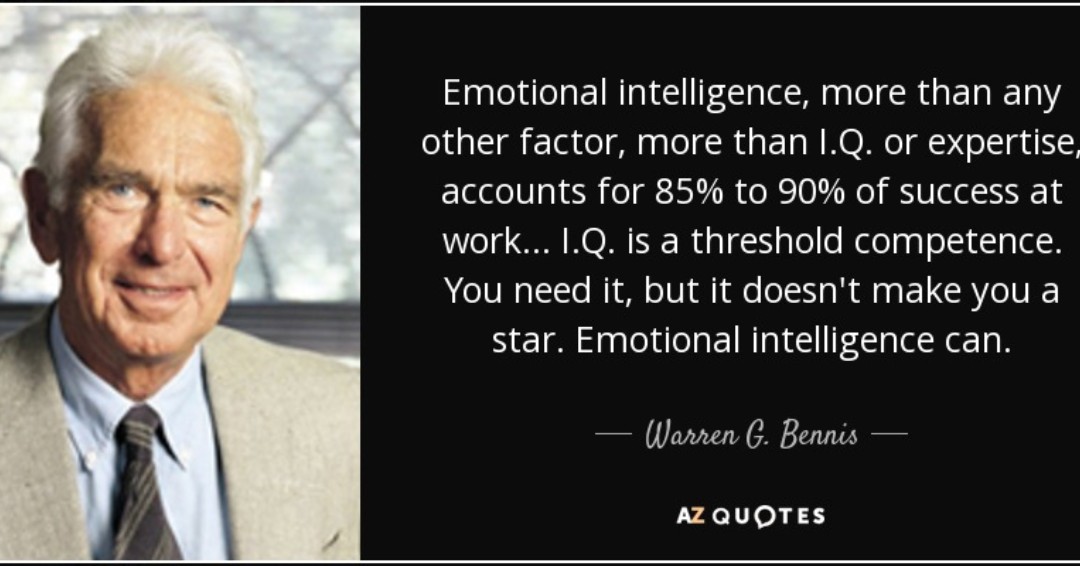
But problems come when we tip into righteousness, resistance, anger, fault-finding, badgering, or any other kind of struggle.
Over the past several months, I've been writing JOTs about my personal Top 5 practices (all tied for first place), which are: Be mindful, love, take in the good, go green, and open out. "Opening out" — my current focus — means relaxing into a growing sense of connection, even oneness, with all things. This is hard to do when we're struggling with other people!
Instead, we could accept them for who they are and for who they are not.
Accepting people does not itself mean agreeing with them, approving of them, waiving your own rights, or downplaying their impact upon you. You can still take appropriate actions to protect or support yourself or others. Or you can simply let people be. Either way, you accept the reality of the other person. You may not like it, you may not prefer it, you may feel sad or angry about it, but at a deeper level, you are at peace with it.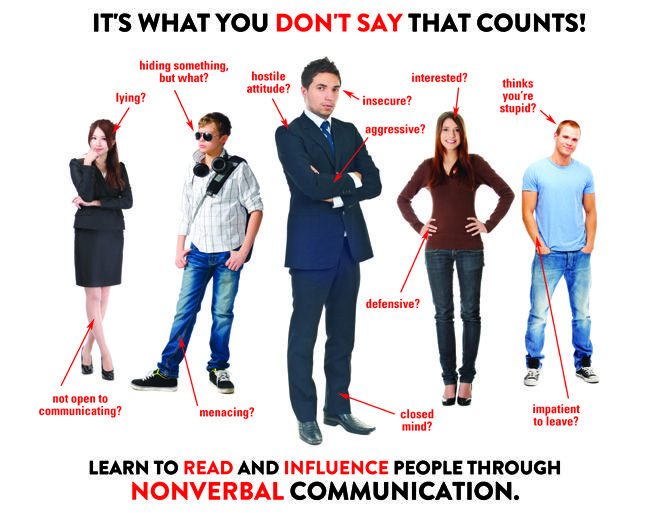 That alone is a blessing. And sometimes, your shift to acceptance can help things get better.
That alone is a blessing. And sometimes, your shift to acceptance can help things get better.
How?
Pick someone who is important to you. (You can do this practice with multiple people.) In your mind, out loud, or in writing, say things like these and see how you feel: "I accept you completely. Countless causes, large and small, have led you to think, speak, and act the way you do. You are who you are. I let it be. You are a fact and I accept the facts in my life. You and I are part of a larger whole that is what it is, and I accept it, too."
If you like, be more specific, naming aspects of this person that particularly bother you, such as: "I accept that you . . . snore . . . leave your clothes on the floor . . . are still angry with me . . . have little natural interest in sex . . . are fighting me tooth-and-nail in this divorce . . . don't really understand me . . . are not a good teacher for my child . . . break the law . . . hurt people on a large scale . . . " (And remember that you can still disagree with, make requests of, or stand up to other people - while accepting them fully.)
. . " (And remember that you can still disagree with, make requests of, or stand up to other people - while accepting them fully.)
See if you can tolerate what comes up for you when you soften into acceptance. Often we avoid accepting other people as a way to avoid the feelings we'd have if we opened wide to everything they are and everything they're not.
Consider how you have gotten tangled up with this other person, struggling to change them. When I do this myself, I become aware of my own rightness, positionality, judgments, pushiness, irritability, narrow views, hurts, longings, grievances, or remorse. See if you can let go of some, even all of these entanglements. Open to the easing, relief, and peace that can come when you do.
Also, consider how much you like it when you feel that another person accepts you completely. It's a beautiful gift — and we can give it ourselves to others when we accept them. Imagine how it might improve your relationship with someone if that person felt you accepted him or her fully. Acceptance is a gift that gives back.
Acceptance is a gift that gives back.
For more information, see my website.
How to Learn to Accept: 3 Techniques for Acceptance
This is the first article in a series on acceptance and how to learn to accept yourself and circumstances in life.
- Part 1 — [You are here] How to learn to accept and why it is important
- Part 2 — How to learn to accept yourself: 6 ways experience contains a treasure.”
Neil Donald WalshHow well you live your life, in what direction, negative or positive, depends on you.
A significant role in this is played by the ability to accept any circumstances : unpleasant situations, painful conditions, and social conflicts.
In order to gain the skill of "acceptance", we suggest you understand what it is and how you can learn to accept.
What is acceptance
Acceptance is a new level of understanding .

This is the understanding that everything that has happened to you is necessary for some reason.
Understanding that the problem always comes from within you outside, and manifests itself from within by external circumstances. You receive what you broadcast to the World.
The Outer World signals to you, through the situation, what to pay attention to in YOURSELF .
Understanding that accepting a situation does not mean agreeing with the injustice that is happening to you, does not mean submitting to circumstances.
To accept is:
- To agree that the situation has already been created and that we need to move on based on the presence of this fact.
- Agree that it is impossible to change events, but you can understand them differently.
- Find the reason why this situation has arisen in your life, and understand what to do, so that this does not happen to you.

What is important to learn to accept
#1 Accept yourself
It is difficult for a person to accept himself when he is dissatisfied with himself .
Accepting Yourself means accepting all your strengths and weaknesses. Agree that human being imperfect .
Recognize that you have the right to make mistakes that you don't have to be perfect in everything.
And that you don't need to live up to others' expectations of you, doesn't need to please .
#2 Accepting other people
Accepting others is difficult if you don't understand that the people who hurt you (from your point of view) are not really the source of pain .
Through such people circumstances show you what you need to pay attention to in Yourself.
You will not be able to accept the situation with one person, you will blame him, a similar situation will arise with others.

Because the world will signal to you “Pay attention to the source in Yourself”, until you realize the essence of the problem itself.
When you accept people around you, you realize that people are unfair towards others.
At the same time, you do not evaluate people's actions and do not condemn them. You understand that people cannot meet your expectations.
Acceptance of another person can be compared to maternal acceptance. Mother easily accepts pranks and any actions of a small unreasonable child.
Acceptance is the ability to understand that a person will NEVER change .
Svetlana Dobrovolskaya says this very well:
#3 Accept the situation (circumstances)
Accept the circumstances means to accept that there are things in this life that do not correspond to your vision and perception of the World.
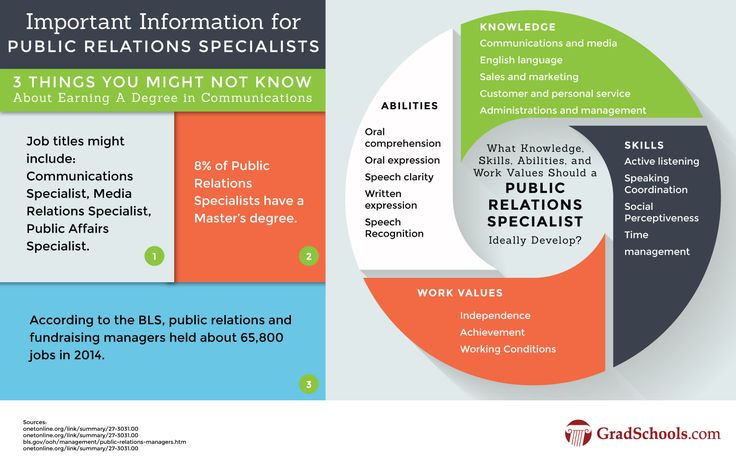 That all has a place to be .
That all has a place to be . Both what you perceive positively and what you perceive negatively.
Since the concepts of “positive” and “negative” are relative. As well as the concepts of “good and bad”, “difficult and easy”, “a pleasant person and an unpleasant one”.
All these qualities are conferred when is rated. And it is not at all necessary that what you like will please others.
Or something that is unpleasant for you, it is likely that others will delight. Because the criteria for evaluation and perception are different for everyone.
For example the weather. After all, there are days when she is not pleasant to you. But you accept this fact and don't try to change the weather.
Just because you don't like rain, for example, doesn't mean that other people don't like this natural phenomenon. There will always be people who love the rain.
See also If you are over 50, how to accept your age
Why it is important to learn acceptance
Without acceptance, a person thereby spends a lot of effort , energy and time resisting circumstances.

If a person cannot accept circumstances, he constantly replays what happened in his thoughts, and each time experiences about this.
By doing this, a person only destroys himself both emotionally and physically.
It is also important to understand that in your life there will be no less unpleasant situations and disappointments, but having learned to accept, you will thereby begin to act not to your detriment.
First of all, the ability to receive is necessary for you personally , and not for participants in events that are unpleasant for you.
It doesn't matter what events take place in the outside world, what matters is how you react to these events.
Rejection can be compared to a poisonous drink that you drink yourself, but expect harm to be done to the “bad” person.
That is to say, to accept is, first of all, to take care of oneself.
Having learned acceptance, a person becomes a more harmonious personality.
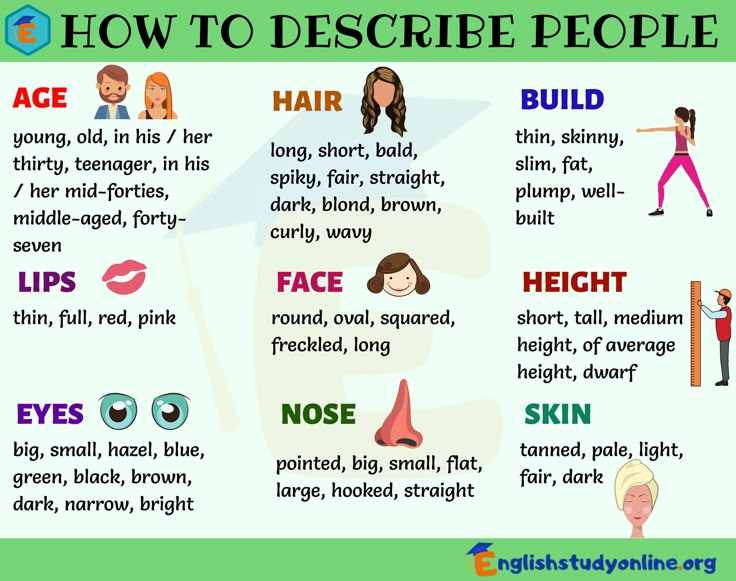 It becomes stronger, calmer, more balanced, free from dogmas and opinions.
It becomes stronger, calmer, more balanced, free from dogmas and opinions. Such a person is difficult to manipulate .
See also How to use negative personality traits to your advantage
It is important to learn to accept not only your strengths, but also your weaknesses. Learn how to do this from the article.How to learn to receive
Step 1. Agree “Yes, it happened”
Do not confuse this item with humility.
To accept means to accept that the situation is inevitable, that you are ready to bear the brunt of adversity for the rest of your life. To accept is to submit to circumstances .
And to accept the situation means to agree that it has already happened, but at the same time to understand that there is always a way out from any situation, and from this one too. And as a rule, there is more than one way out.
It remains only to find this exit.

Step 2. Find the reason “why it happened”
Each situation contains “pearl of wisdom” .
Think about why this situation happened to you. Realize, , what an important she highlights to you.
Thank all the participants in the events, do not forget about yourself, for a new vision of what happened.
If learning to accept your past is important to you, read
7 Best Practices on How to Stop Living in the PastStep 3. Move on without looking back
Move on without looking back at “I know how to prevent this.”
For example: you left the house and it is raining outside. You had to go back for an umbrella. You will not be offended and complain about the rain, that it is inopportune for you.
Even if you grumble, you certainly won't hang around in this state for a long time.
Accept this as a fact and proceeding from this situation, another time, before leaving, look out the window and grab the necessary items right away so that you don’t have to return.

3 Techniques for Acceptance
Technique #1 Inhale Acceptance
Here is a very simple practice for accepting anything and everything.
It is called Inhale of Acceptance and is performed in the morning as soon as you wake up.
- Come to the window, greet the new day and declare your readiness to accept any events in your life that will happen to you today.
- Ask the Higher Powers to help and guide you in difficult times.
- Express the intention to see the depth and wisdom in every step, in every circumstance of the coming day.
- Take a deep breath, joyfully accepting all the gifts of this day!
#2 Affirmations for self-acceptance
Do you want to increase self-acceptance and trust in the world in your life by doing just 5 minutes a day ?
Affirmations for the chakras will help you. These are simple, and at the same time, unique practices that will allow you to "pump" important personal qualities easily and quickly.

Technique #3 Give up on everything
At one of the webinars for clients of the Mastery Keys Training Center, Alyona suggested this practice:
“There is one gesture that breaks out from most people in difficult times.
When you raise your hand up and say in your hearts “Fuck it…”
You and I are cultured people, so let's call this gesture “Give up everything”.
It means that you are transmitting the decision of this situation TOP eg to your higher self, your mentors, your spiritual teachers.
Instead of poking into closed doors , enter a semi-meditative state, raise your hand and drop it sharply down.
By doing so, you relinquish your responsibility for all grips of the 3D world and hand over to the higher forces for the highest resolution of the situation and the highest good.”
Many wrote after the webinar that the gesture worked in a difficult situation.
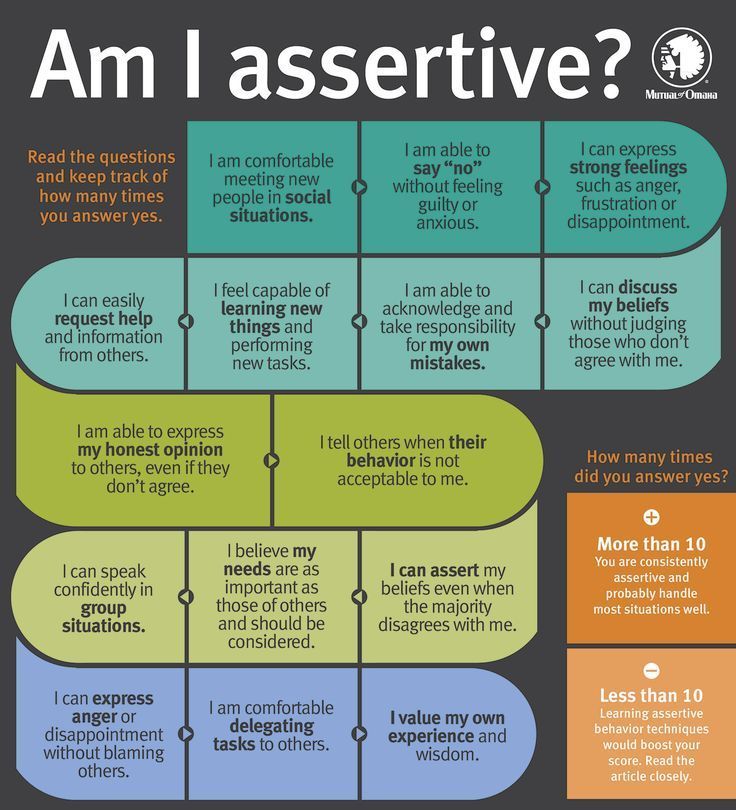 Experiment and you.
Experiment and you. And don't forget to focus on what really matters to you .
To prove injustice towards you or to take care of Yourself?
Share in the comments what circumstances in your life are the most difficult for you to accept!
Learning to accept what we disagree with
26,503
To accept means to accept that something may not go the way we are used to, the way we planned, not the way we want. In English, there is a phrase “shit happens” (literally: shit happens), which fully expresses the meaning of acceptance: I do not resist what happened, but just move on. In other words, this is an attitude to life from the position of "everything happens." The opposite of acceptance is resistance, a negative attitude towards an event. This is a more familiar behavior for us. We resist everything that doesn't go our way.
Think about the goal
It turns out to be a paradoxical behavior - we spend our energy on something that can no longer be changed.
 But why do we resist? In a sense, we are driven by our past experiences. For example, in the past, in similar situations, the boss did not shout, but spoke calmly. Based on this, the expectation is formed that this will be the case in the future. And when the reality does not match the expectation, we unwittingly resist it.
But why do we resist? In a sense, we are driven by our past experiences. For example, in the past, in similar situations, the boss did not shout, but spoke calmly. Based on this, the expectation is formed that this will be the case in the future. And when the reality does not match the expectation, we unwittingly resist it. Marathon runners have a mantra: "Pain is inevitable, suffering is your choice." When a person runs a marathon, his legs hurt - this is inevitable. You can resist, and then the focus of attention will be directed to pain - internally a person will fight it, spending his energy. As a result, the pain will not only not subside, but suffering will also be added to it. There is a great chance that in this case the marathon runner will not reach the goal. But there is another choice - to take the pain for granted, think about the goal, or look around during the marathon, getting to know the new city and people.
Various life stories illustrate how effective acceptance is in life.
 French doctor Alain Bombard drew attention to an amazing thing - after disasters on ships, with all the safety of lifeboats (and each had an impressive supply of food and fresh water), rescuers found dead in them within a week after the disaster. Once in a shipwreck, people did not accept the conditions in which they found themselves, they internally resisted them, and the body burned itself out with panic and fear.
French doctor Alain Bombard drew attention to an amazing thing - after disasters on ships, with all the safety of lifeboats (and each had an impressive supply of food and fresh water), rescuers found dead in them within a week after the disaster. Once in a shipwreck, people did not accept the conditions in which they found themselves, they internally resisted them, and the body burned itself out with panic and fear. In 1952 Bombar became the first person to cross the Atlantic alone in an inflatable rubber boat. She was provided with only the standard shipwrecked kit and an unused supply of provisions. “Victims of legendary shipwrecks who died prematurely, I know it wasn’t the sea that killed you, it wasn’t hunger that killed you, it wasn’t thirst that killed you! Swinging on the waves to the plaintive cries of seagulls, you died of fear, ”said Bombard. By his example, he proved that a person is able to endure a single transoceanic voyage in a boat with a minimum supply of food.

To accept does not mean to be inactive
One might think that acceptance is weakness, and acceptance means to submit to circumstances. It's not like that at all. To accept circumstances is as if I, being a physicist, accepted the magnitude of gravity on Earth and built my calculations taking into account this condition. Imagine that physicists and engineers would not take into account the true value of gravity and use some more "convenient" value. Many technical devices would simply not exist. Acceptance does not mean that we will be inactive. Instead of focusing on our expectations, we pay attention to what is happening here and now and understand how to use the current conditions to achieve our goal. Whether it's the task of surviving a disaster or not getting upset over trifles in everyday life. You can still disagree with people, thoughts, events, but at the same time accept everything that does not fit into your value system.
Practicing acceptance
Acceptance is a skill that can be trained.
 Here are some ways.
Here are some ways. Method 1. Acceptance itself. It is more interesting to train in acceptance when something happens that we are unhappy with. Notice your reaction. If you admit that you are resisting, this is the first step to stop doing it. Follow up with the question, what is your goal and how can you achieve it in the current environment.
Method 2. Non-judgmental observation. The philosopher Eckhart Tolle writes about this in his books. The point is to observe your thoughts and emotions, not judging them as good or bad, but simply paying attention to them - allowing them to be without doing anything with them.
Method 3. Vipassana meditation. The essence of the practice is to observe the physical sensations of your body without trying to get rid of them. It is better to do it at the same time of the day for 15-30 minutes. Sit cross-legged on a chair or mat on the floor with your back straight. Close your eyes and breathe through your nose. For the first few minutes, concentrate on the part of the body where the air enters the nose.
 Observe your feelings. After 3-5 minutes, shift the focus of attention to other parts of the body. According to a study by psychologists from the Massachusetts General Hospital, after 8 weeks of daily 20-minute meditation, physical changes occur in the brain, visible on MRI and CT scans - gray matter density decreases in areas of the brain responsible for stress, and increases - in areas responsible for awareness and empathy 1 .
Observe your feelings. After 3-5 minutes, shift the focus of attention to other parts of the body. According to a study by psychologists from the Massachusetts General Hospital, after 8 weeks of daily 20-minute meditation, physical changes occur in the brain, visible on MRI and CT scans - gray matter density decreases in areas of the brain responsible for stress, and increases - in areas responsible for awareness and empathy 1 . Method 4. Gratitude. Keep a separate notebook for her and at the end of each day write down at least one thing for which you can sincerely thank: yourself, the people with whom you communicated during the day (especially those who caused negative emotions), and the world as a whole.
Remembering the importance of acceptance, do not forget a simple truth: in life there will always be situations that do not suit us. At such moments, try to imagine yourself in a movie theater watching a new movie. If there were only positive characters in it, whose life is only getting better every minute, you would not watch it.



